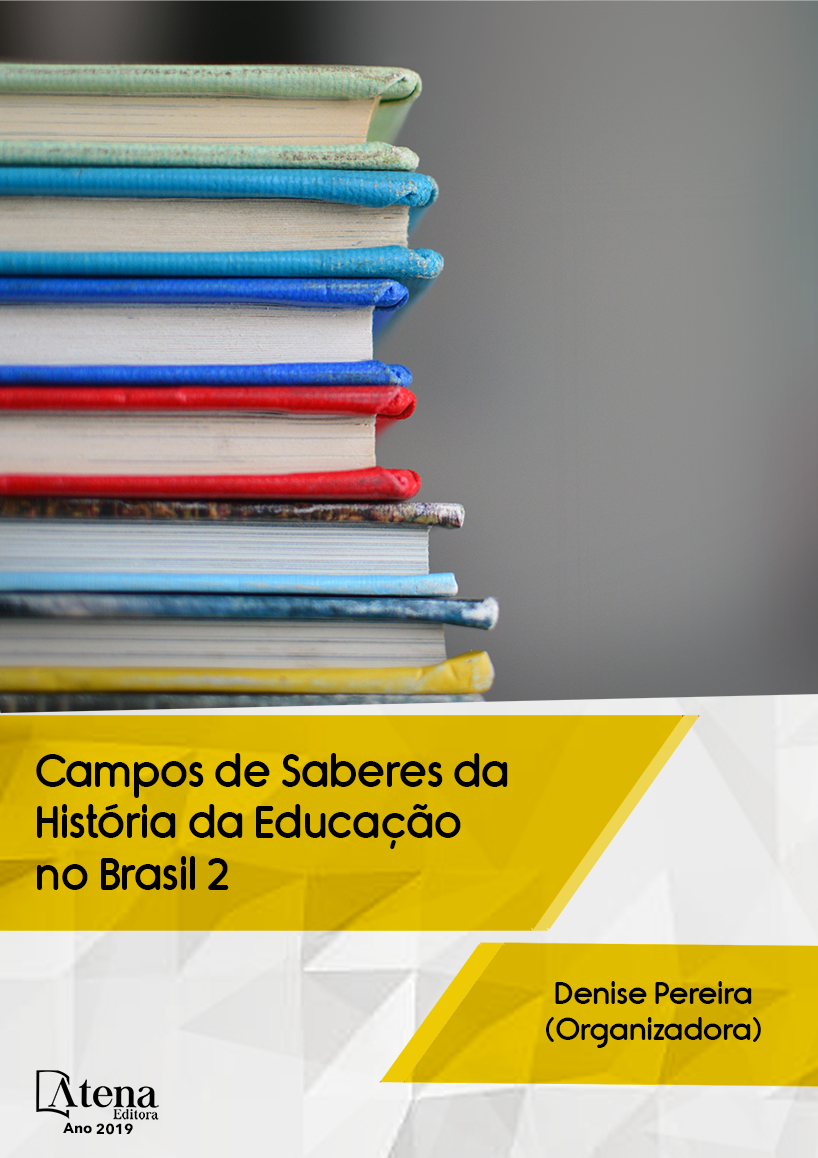
O LUGAR DO MÚSICO NA CONSTRUÇÃO DA IDENTIDADE NACIONAL E REGIONAL
Este trabalho tem como propósito
compreender o lugar do músico na construção
da identidade nacional e regional na primeira
metade do século XX, entendendo-se a arte
em seu teor crítico, como modificadora da
percepção e da sensibilidade social. Buscouse
analisar a função social da arte e do artista
no pensamento de Mário de Andrade, suas
concepções de nação e o projeto de uma
escola composicional nacional bem como o
pensamento de Gilberto Freyre e seu ufanismo
das tradições nordestinas. Entendendo-se as
relações de força presentes num contexto da
construção da fisionomia cultural e identitária
brasileira, depreendem-se as aproximações
e distanciamentos das opiniões desses dois
intelectuais. Assim, podem-se inferir quais
aspectos composicionais o músico deveria
estar atento quando compusesse cônscio
de sua função sobre o nacional e o regional,
lidando com o diálogo dos universos populares
e eruditos. Portanto, verificaram-se como esses
discursos influenciaram gerações de músicosintelectuais
a comporem e se comportarem em
seu ofício direta ou indiretamente.
O LUGAR DO MÚSICO NA CONSTRUÇÃO DA IDENTIDADE NACIONAL E REGIONAL
-
DOI: 10.22533/at.ed.55919050724
-
Palavras-chave: Nação; Identidade; Música.
-
Keywords: Nation; Identity; Music.
-
Abstract:
This work aims to understand the
musician’s place in the construction of national
and regional identity in the first half of the
twentieth century, understanding art in its critical
content as a modifier of perception and social
sensitivity. It was sought to analyze the social
function of art and the artist in the thought of
Mário de Andrade, his conceptions of nation and
the project of a national compositional school as
well as the thought of Gilberto Freyre and his
exaggerated pride of the northeastern traditions.
Thus, understanding the force relations present
in a context of the construction of the Brazilian
cultural and identity shapes, one can understand
the approximations and distances of the opinions
of these two intellectuals. Thus, one can infer
what compositional aspects the musician should
be aware of when he becomes aware of his role
on the national and the regional, dealing with the
dialogue of the popular and erudite universes.
Therefore, it was verified how these discourses
influenced generations of intellectual-musicians,
directly or indirectly, to compose and behave in
their work
-
Número de páginas: 15
- Douglas José Gonçalves Costa


